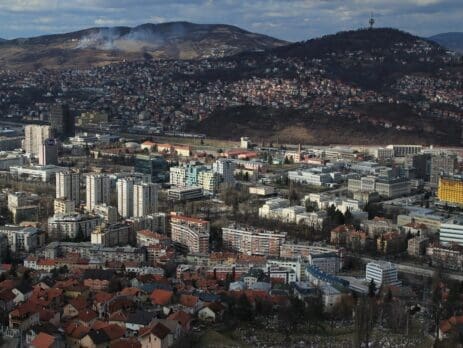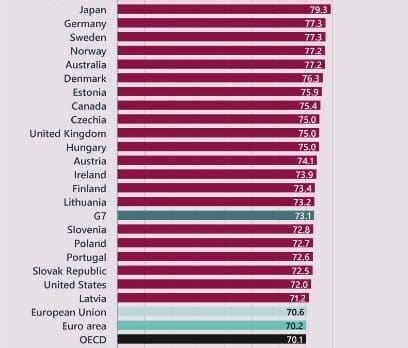Macroeconomic and fiscal indicators of Bosnia and Herzegovina, 2023
The economy of Bosnia and Herzegovina[1] expanded by 1.7% real year-on-year in the fourth quarter of 2023, slowing from a 1.9% annual growth in the third quarter (see Tab. 4). In seasonally adjusted terms, fourth-quarter GDP rose 1.1% quarter-on-quarter, following...








